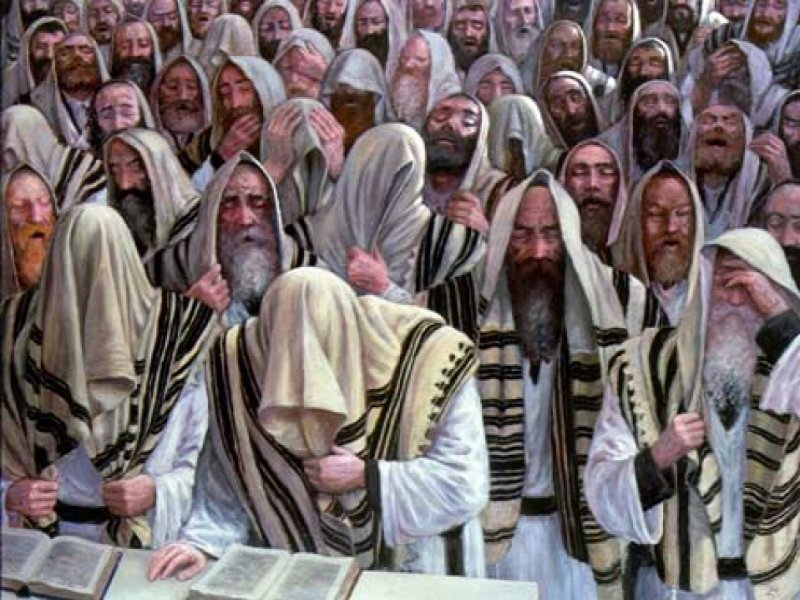
In the 1960s, hundreds of Jews worked tirelessly to advance civil rights. Two of them were murdered.
Hank Thomas, a major figure in the American civil rights struggle and one of the first Freedom Riders who travelled throughout the American South in the 1960s to raise awareness of the struggle for black rights, always remembered the many Jews who helped him.
In the 2011 documentary Freedom Riders, he recalled the key role American Jews played in calling for equal rights for black Americans. “Let’s put it this way,” Thomas explained, “when Germany was defeated in World War II, headlines across the nation read Allies defeat Germany. Well, we had allies, too. Half of the freedom riders were white, and of those whites, a very significant portion of them were Jews. Jews played a very significant part in our human rights struggle.”
Start of the Freedom Riders
In 1960, the US Supreme Court issued a ruling in Boynton v Virginia. The case was brought by Bruce Boynton, a black student at Harvard Law School. In 1958, he bought a bus ticket from Washington, DC, to his home in Montgomery, Alabama. During a 40-minute layover in Richmond, Virginia, he entered a restaurant in the station, sat in the “whites only” section, and ordered a sandwich and a cup of tea. Arrested for trespassing, he sued the authorities for wrongful arrest in a case that eventually reached the Supreme Court. In its 1960 ruling, the court barred discrimination in the interstate passenger transportation industry.
Though it was illegal to discriminate against black Americans on buses, bus cafes and waiting rooms, segregation continued to be the law of the land in much of the American South. Beginning in 1960, brave groups of black and white Americans came together to travel throughout the South on public transportation, daring police to disrupt their activities, and bringing attention to the plight of black Americans in the region. Known as Freedom Riders, over 400 people participated in these trips, often courting intense danger. Many of them were Jews.
In the documentary Freedom Riders, Israel Dresner describes the intensity and excitement of that time when Jewish activists collaborated with black leaders. One night in 1962, Dresner found himself in Georgia, speaking with Dr Martin Luther King Jr. “The Jewish people haven’t forgotten that they were slaves 32 centuries ago,” Dr King noted, asking, “How will Negroes forget we were slaves only a century ago?”
“Not just 32 centuries ago,” Dresner replied to Dr King. “We were slave labourers in the Nazi concentration camps too.” Dr King fell silent contemplating this brutal truth. “We need to learn not to be ashamed of our slave ancestors,” he replied. “Jews are proud of their ancestors.”
- Chamisa under fire over US$120K donation
- Mavhunga puts DeMbare into Chibuku quarterfinals
- Pension funds bet on Cabora Bassa oilfields
- Councils defy govt fire tender directive
Keep Reading
Orthodox Jewish leaders were among the most eloquent defenders of the key Jewish tenet that all people are created b’tzelem Elohim, in the image of God, and possess equal human rights, no matter the colour of their skin.
In April 1960, Jewish students travelled to Greensboro, North Carolina, to stand side by side with Black students protesting discrimination. Among the Jews attending the protest was a delegation from Yeshiva University. “As Jews, we have a moral and religious duty to uphold the rights of our fellow man,” they told their school newspaper. “As Jews, we must be in the vanguard of any movement which seeks to break the bars of discrimination.”
In 1962, when Northerners — many of whom were Jewish — took part in anti-discrimination protests in Selma, Alabama, Orthodox Jews were part of the movement, travelling to the South to stand as allies with Black Americans in their struggle for equal rights.
Rabbi Aaron Soloveichik wrote in his famous essay Civil Rights and the Dignity of Man: “From the standpoint of the Torah, there can be no distinction between one human being and another on the basis of race or colour. Any discrimination shown to a human being on account of the colour of his or her skin constitutes loathsome barbarity.”
In 1964, after years of demonstrations against discrimination in the South, civil rights groups decided to focus on voting rights in Mississippi. Despite being eligible to vote, just 7% of Black Mississippians were registered to vote in the early 1960s. Activists were invited to come to the state and register black voters: over a thousand people heeded the call and travelled south. Fully half of these volunteers were Jewish college students.
TO BE CONTINUED NEXT WEEK











